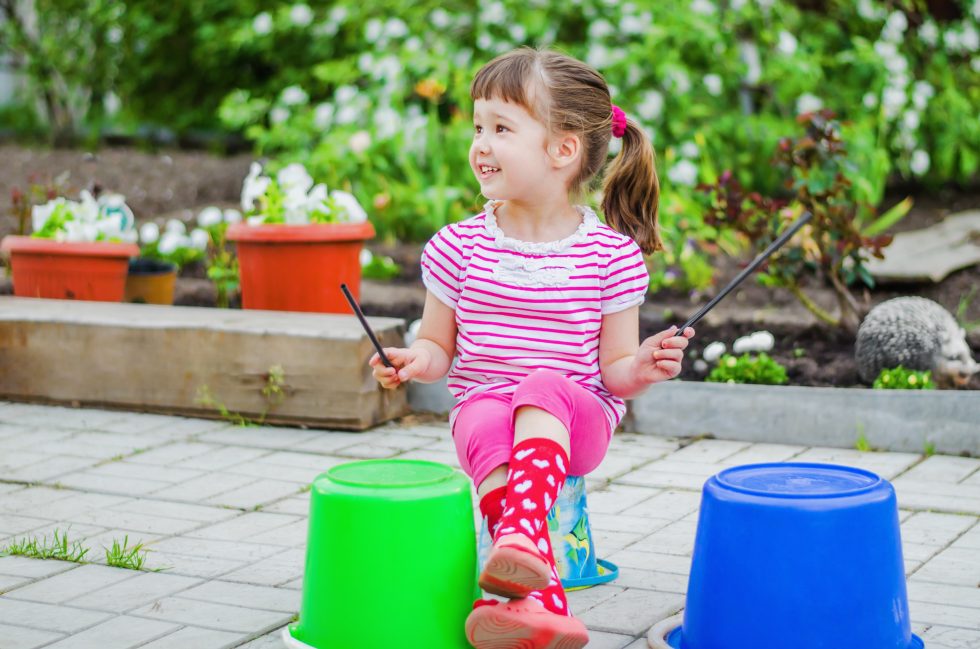
Play: The Ultimate Learning Experience
For adults the perception of play is one of relaxation. Yet for a child, play is crucial. Play drives their learning. Why then, does play suddenly discontinue its central role in learning as the child progresses through school?
Play is the ultimate learning experience – the foundation stone to children’s future education. Without play, children will not thrive. This is because play creates an environment where children can innately and playfully experiment, test and manipulate the world around them. As a result, they begin to enjoy an ever-increasing control and purpose with objects, situations and circumstances. In short, these early experiences create a love for learning, and this has a huge impact on a child’s overall early development.
The overwhelming urge to play
The urge to play and discover, otherwise known as conation, is what drives a child’s early learning and essentially requires both parental and professional understanding, support and encouragement in order for the child to build essential and lifelong foundations for learning.
Here in the UK’s early years settings, it is widely acknowledged that playful encounters not only give rich opportunities for children to learn but also for adults to teach. The interplay between adults and children is seen as a playful yet vital continuum, whether the play is child or adult led. Adults make decisions about the structure and environment that create the best learning whilst children follow their own keen interests or are gently guided into new interests by skilful teachers. And yet, this vital interplay diminishes dramatically once a child reaches Year 1 in the UK. The child is expected to follow a more formal style of learning, where ‘work’ is seen as more worthy, and ‘play’ as the reward for that hard work. The very heart of early education, the interplay between teacher and child, with play at the heart, seems to lose its relevance. In other words, what early years professionals deem as essential in order to create a child’s learning ecosystem later on changes to formal, generalised learning, dramatically reducing the explorative and independent nature of playful learning. While the majority of children are able to manage this new style of formal learning, there are others who find it overwhelmingly difficult and as a result, are crushed. In short, the system fails them.
Children who do not have the opportunity to control their own actions, to make and follow through on their own decisions, to solve their own problems, and to learn how to follow rules in the course of play grow up feeling that they are not in control of their own lives and fate. They grow up feeling that they are dependent on luck and on the goodwill and whims of others, a frightening feeling indeed when one realises that luck goes both ways and that others are not always dependable. (Gray, 2011)
Children’s agency
When children play, they gain agency. They learn how to solve problems, follow rules and make decisions. When play is reduced and such agency is formalised and suppressed, we run the real risk of certain cohorts of children being unsuccessful at school. Children’s agency needs to continue to grow and develop throughout their education and beyond into their adult life, uncluttered by results and bolstered by a genuine desire for learning. In this way, attention, thinking and independence skills develop, self-esteem grows, and confidence builds.
Play is not the opposite of work. Play is real work, using the child’s natural conation, drive and enthusiasm. Let us not lose sight of the essential nature of play due to the misplaced belief that play is purposeful only to young children. Play is the universal oil for all learning and needs to be used liberally and habitually throughout education. Play is not an indulgence. It is a basic human need.
Let’s meet that need.
As written by Helen Garnett for Time 4 Change: https://t4c.education/the-power-of-play/
[1] ‘Let Them Play’ Jeff A Johnson, Denita Dinger
Further Reading
Get in Touch
Have any questions?
We’d love to hear from you!





